Cart totals
| Subtotal | £966.50 |
|---|---|
| Shipping |
Shipping options will be updated during checkout. |
| Total | £966.50 |
You may be interested in…
Sale
The Dictionary of Classical Hebrew, Revised
Published: Nov 2023
Price range: £75.00 through £110.00
The Dictionary of Classical Hebrew Revised (DCHR) is a complete revision, with over 100,000 improvements, of the original Dictionary of Classical Hebrew (1993 —2016).
It contains 6,300 Hebrew words not in the standard lexicon of BDB, and refers to many newly published texts, including 540 Dead Sea Scrolls and 4,000 ancient Hebrew inscriptions. New features include: a notation of 3,700 byforms (words with the same meaning and similar form) identified for the first time; 700 verbal nouns (nouns derived from a verb) with their own articles (not previously shown in Hebrew lexica), 330 denominative verbs (verbs derived from a noun), and the semantic field to which every word belongs (a totally new feature for Hebrew dictionaries).
Data on synonyms have been greatly expanded, and loanwords from other languages included. Articles on personal names show (for the first time) all short forms, long forms, and alternative forms of the name, bibliographies have been updated and expanded, and 35,000 emendations of biblical texts noted. Every occurrence of each word in Classical Hebrew is noted.
All the subjects and objects of verbs are listed, and the verbs used with each noun, as well as all nouns used in a construct (genitive) relation with another noun. As with DCH, every Hebrew word in the Dictionary (except for the sections on synonyms) is followed immediately by an English translation, so that the Dictionary can be easily understood by a person with little or no Hebrew. When completed, DCHR will be 5 million words in length (equivalent to 50 standard-size books), 25% longer than DCH, and 4 times the length of BDB and HALOT.
There is a special discount price for customers subscribing to the DCHR set, and an easy payment plan (details from phoenix.bibs@sheffield.ac.uk).
Sale
The Dictionary of Classical Hebrew, Revised
Price range: £75.00 through £110.00
The Dictionary of Classical Hebrew Revised (DCHR) is a complete revision, with over 100,000 improvements, of the original Dictionary of Classical Hebrew (1993 —2016).
It contains 6,300 Hebrew words not in the standard lexicon of BDB, and refers to many newly published texts, including 540 Dead Sea Scrolls and 4,000 ancient Hebrew inscriptions. New features include: a notation of 3,700 byforms (words with the same meaning and similar form) identified for the first time; 700 verbal nouns (nouns derived from a verb) with their own articles (not previously shown in Hebrew lexica), 330 denominative verbs (verbs derived from a noun), and the semantic field to which every word belongs (a totally new feature for Hebrew dictionaries).
Data on synonyms have been greatly expanded, and loanwords from other languages included. Articles on personal names show (for the first time) all short forms, long forms, and alternative forms of the name, bibliographies have been updated and expanded, and 35,000 emendations of biblical texts noted. Every occurrence of each word in Classical Hebrew is noted.
All the subjects and objects of verbs are listed, and the verbs used with each noun, as well as all nouns used in a construct (genitive) relation with another noun. As with DCH, every Hebrew word in the Dictionary (except for the sections on synonyms) is followed immediately by an English translation, so that the Dictionary can be easily understood by a person with little or no Hebrew. When completed, DCHR will be 5 million words in length (equivalent to 50 standard-size books), 25% longer than DCH, and 4 times the length of BDB and HALOT.
There is a special discount price for customers subscribing to the DCHR set, and an easy payment plan (details from phoenix.bibs@sheffield.ac.uk).

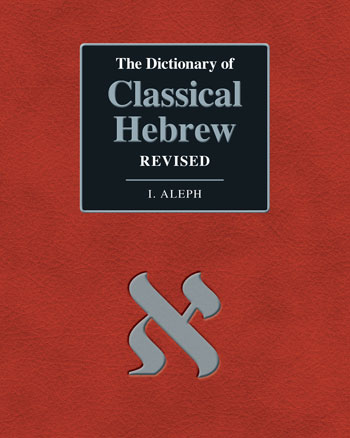
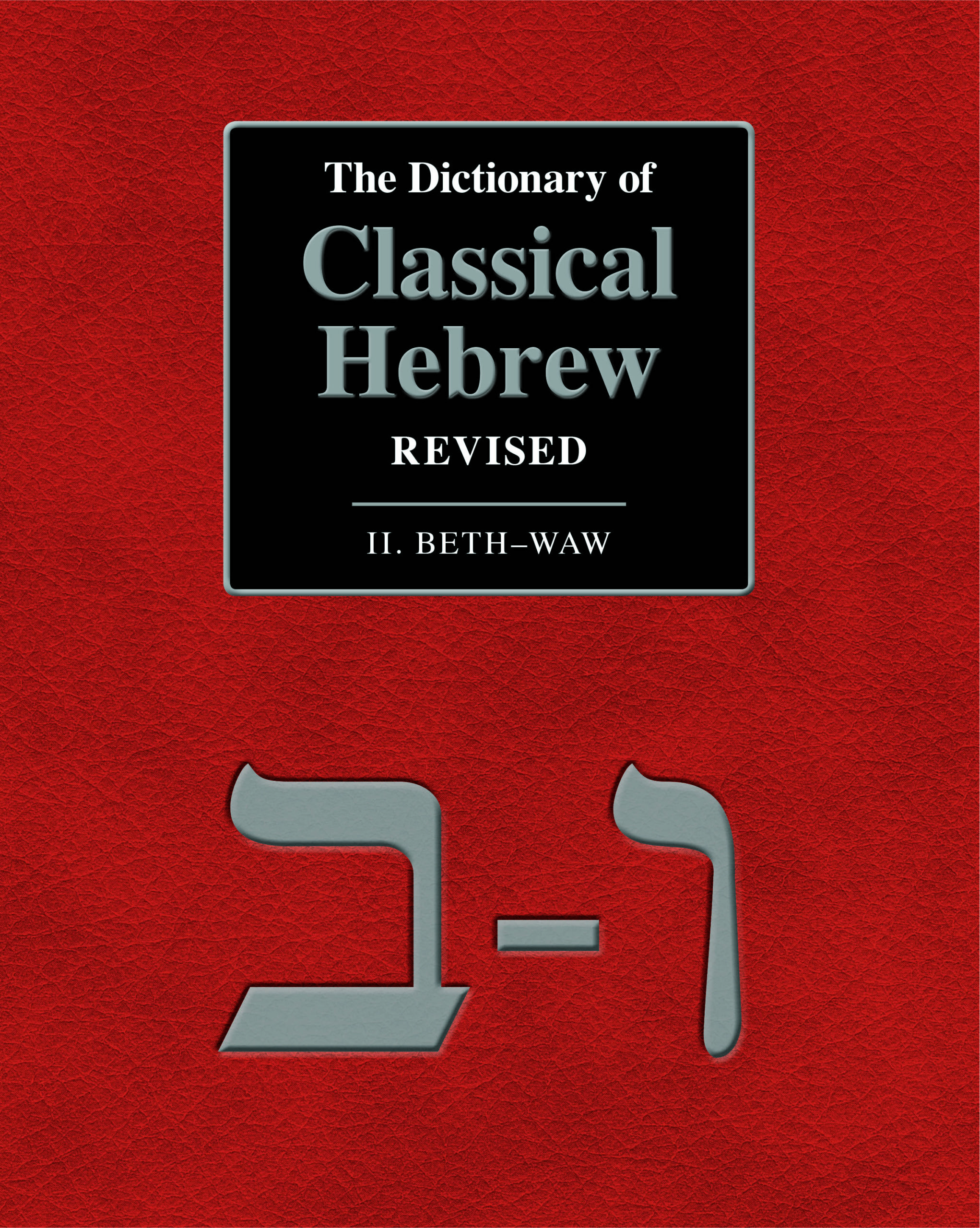
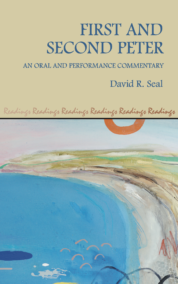
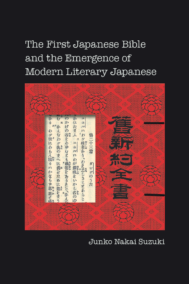



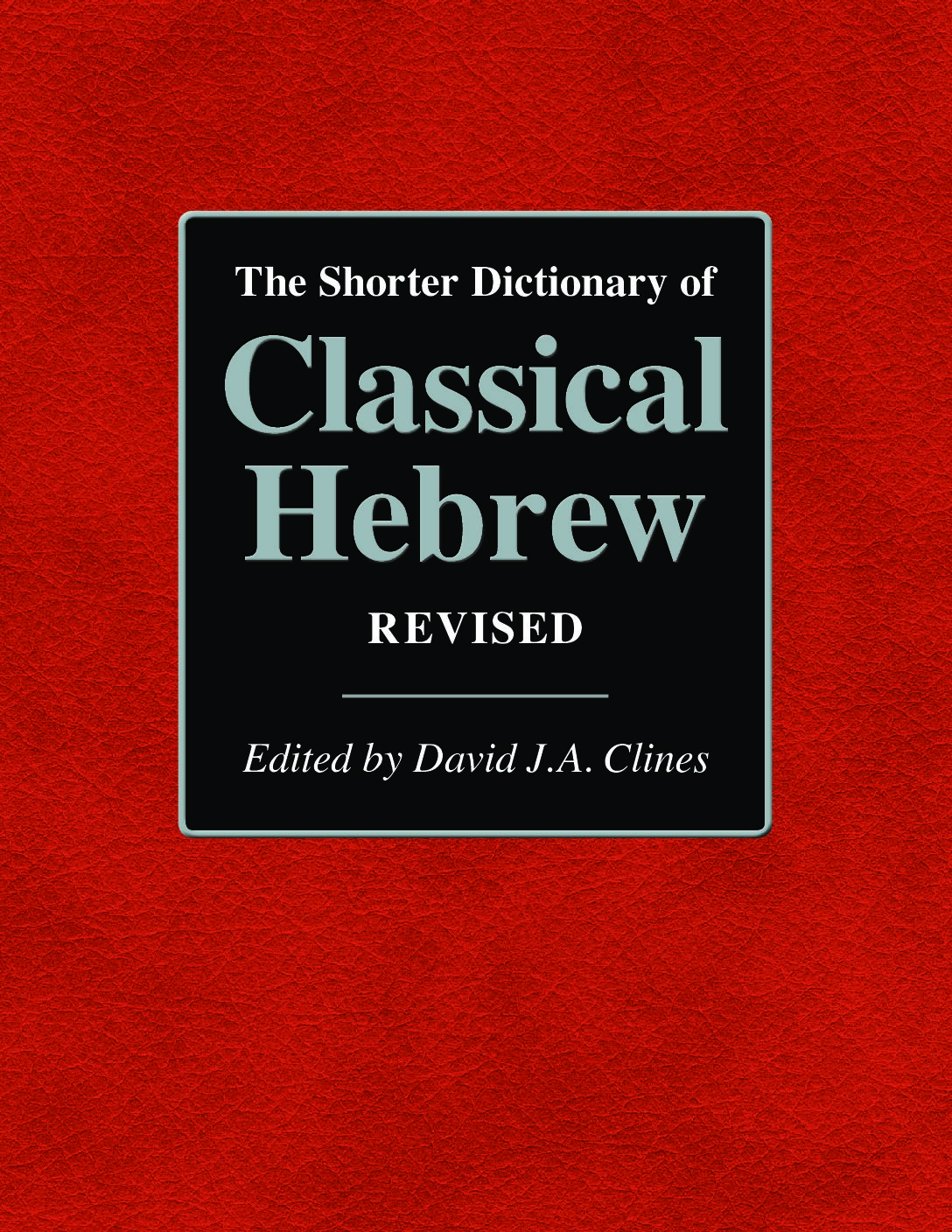
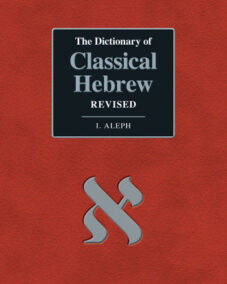
Nahum, Habakkuk and Malachi
Nahum, Habakkuk and Malachi